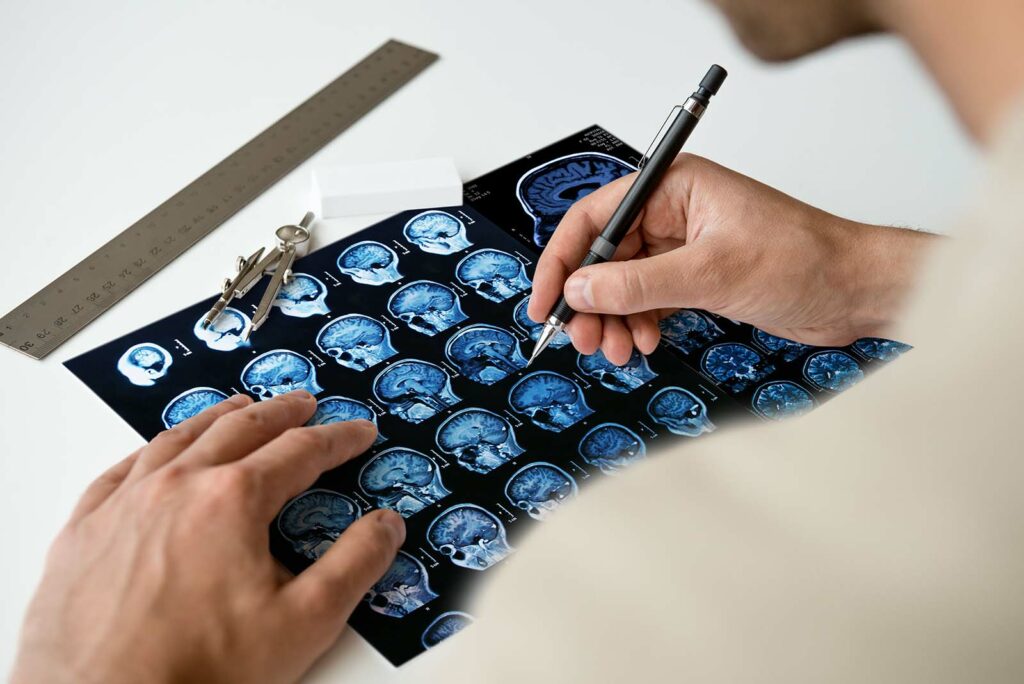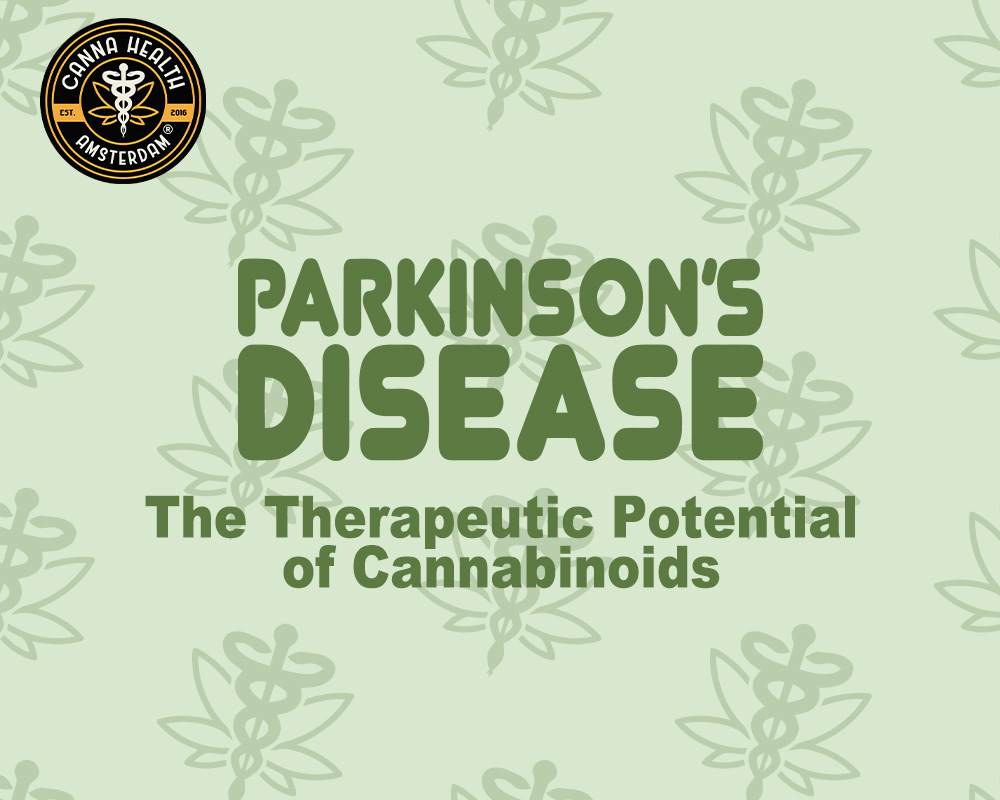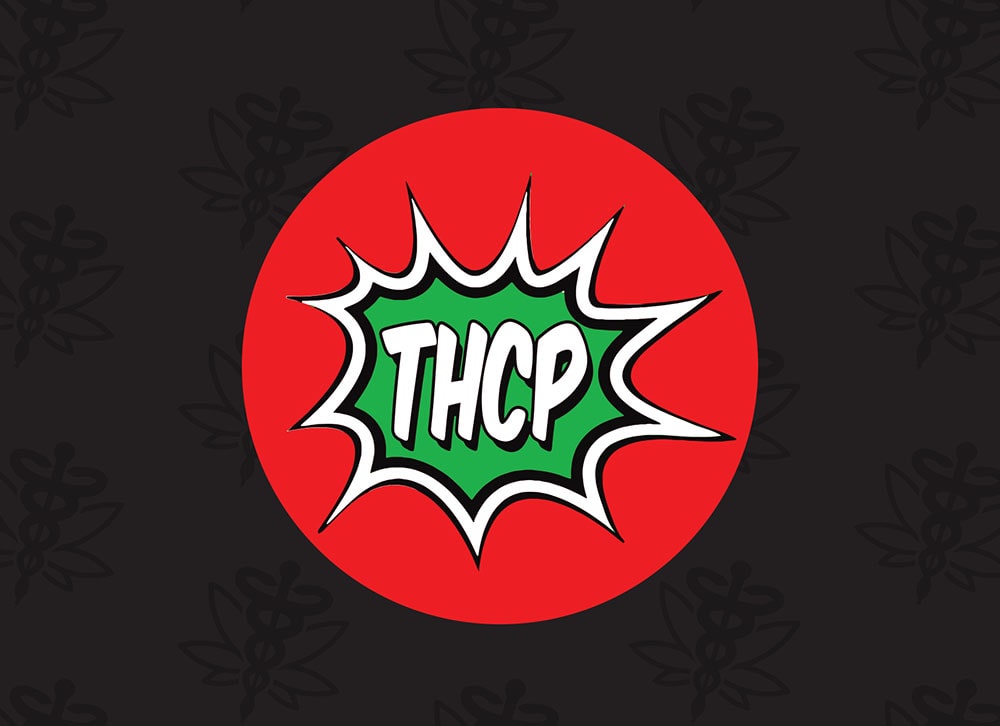
Blog
Multiple Sclerosis and Cannabis

Multiple sclerosis (often referred to as “MS”) is a potentially debilitating nervous system disease. Around 2.8 million people are estimated to live with multiple sclerosis worldwide. It can cause various symptoms, from numbness and tingling to blindness and paralysis. Although there is no cure for multiple sclerosis, many treatment options can help manage symptoms.
One potential treatment option is cannabis.
Recently, a handful of studies have been on multiple sclerosis and cannabis. Researchers have examined whether taking CBD or CBG for multiple sclerosis is helpful. Although we need more research, the studies look very promising.
Remember that speaking to your health care provider before introducing new treatment options into your daily routine is crucial. Although cannabis is all-natural and has minimal side effects, it can interact with certain medications.
We’ll discuss what multiple sclerosis is, and how CBD and CBG may help. Keep reading to learn more.

What is Multiple Sclerosis?
Multiple sclerosis (usually called “MS”) is a disease that affects the brain, spinal cord, and optic nerves. These areas of the body make up the central nervous system, and they control everything we do. In MS, the immune system attacks the myelin on nerve fibers. Myelin is the protective sheath that covers the nerve fibers. This attack on the myelin causes communication issues between the brain and the rest of the body. This disease can eventually cause permanent damage or deterioration of the nerves.
Symptoms of multiple sclerosis vary significantly from person to person. The severity of symptoms depends on the type of nerves affected and the amount of damage. While some people with severe MS may lose their ability to walk, others may go long periods without new symptoms.
Unfortunately, there is no cure for multiple sclerosis. However, some treatments can help improve recovery after attacks and manage symptoms. Although many take prescription medications to help manage their MS, some choose to incorporate more natural therapies into their routine as well.
One potentially beneficial option is CBD. We’ll discuss the science behind CBD and MS in just a bit.
What are the symptoms of multiple sclerosis?
As we mentioned above, there are various symptoms of multiple sclerosis. The symptoms can also vary in severity by quite a lot. While some people have mild symptoms and periods with no attacks, others face blindness and paralysis.
The symptoms vary from person to person, thanks to the affected nerve fibers’ location. A few of the most common symptoms of multiple sclerosis include:
- Numbness or weakness in the limbs, usually on one side of the body at a time
- Tingling sensations
- Electric-shock type sensations with certain neck movements
- Tremors or lack of coordination
- Partial or complete loss of vision
- Double vision or blurry vision
- Fatigue
- Slurred speech
- Dizziness
- Issues with sexual, bowel, and bladder function
Most people with multiple sclerosis have a relapsing-remitting disease course. This means that people experience periods of new symptoms that develop over a few days or weeks, then improve. Those relapses are followed by periods without new symptoms that can last months or even years.
Others with MS experience a gradual onset and steady progression of the symptoms without any relapses. This is known as primary-progressive MS.
What is CBD?
You likely already know a lot about CBD, but just in case, here’s a quick refresher.
CBD (short for cannabidiol) is one of around one hundred cannabinoids in cannabis plants, CBD and THC are two of the most popular cannabinoids, and both may have therapeutic benefits.
CBD has anti-inflammatory, antioxidative, neuroprotective, and antipsychotic properties. It is also considered very safe with minimal side effects. It doesn’t impair motor function or increase heart rate or blood pressure. High doses are safe with few side effects.
Although CBD’s cousin, THC, is known for its psychoactive effects, CBD does not get you high. You can enjoy the benefits of CBD without experiencing a head high.
What is CBG?
CBG (short for cannabigerol) is another cannabinoid found in hemp. Although it is not as prevalent as CBD, it has many potential benefits.
Like CBD, CBG is non-intoxicating. It works in the body in a very similar way as CBD by interacting with the endocannabinoid system.
Early research shows that CBG may hold anti-inflammatory properties. It even proved to be an effective treatment for inflammatory bowel diseases.
What does the research say about cannabis for multiple sclerosis?
Now that we’ve refreshed our memory on CBD, what does this have to do with multiple sclerosis?
Recent studies have shown that cannabinoids like CBD and CBG could help manage some symptoms of MS. Here are a few of the most promising studies:
- This study showed that CBD might improve mobility in people with MS.
- And this study showed that Cannabis-based medicine effectively reduced pain and sleep disturbance in MS patients.
- Researchers in this study found that CBD had positive effects on muscle spasticity.
- This study found that CBG protected the neurons and prevented nerve cell degeneration in mice.
More research on the effects of cannabis (particularly CBD) on MS is desperately needed. The studies that we do have show promising results. But more research needs to be done so that we can have a better understanding of how effective cannabis is for MS.
Can CBD and CBG help manage MS symptoms?
By now, you’re probably familiar with some of CBD’s benefits. The compound has many potential therapeutic effects. Two of the best properties include:
- CBD and CBG are anti-inflammatory – Since CBD and CBG both have anti-inflammatory properties, they may help manage the pain associated with multiple sclerosis. Plus, since CBD is non-addictive and very safe, it could be a good alternative to certain pain medications (as long as it is approved by a healthcare professional).
- CBD has antioxidant and neuroprotective effects – Research also shows that CBD may protect the brain thanks to its antioxidant properties.
Cannabis is known to have many great benefits when taken regularly. CBD has a lot of beneficial effects that may help manage the symptoms associated with multiple sclerosis. With more research, a cannabis-based medication is possible in the future.
Make sure to speak with your doctor before adding CBD into your daily routine. Although it is considered very safe, it may interfere with certain medications. If you get the okay from your health care provider, you can start taking CBD and CBG to see how they help manage your symptoms. Start with a low dose, then gradually increase it until you reach your desired effects.
Canna Health Amsterdam offers a variety of CBD and CBG products – including this Full Spectrum CBD CBG Oil for potent relief.
Keep in mind that it can take some time for CBD to build up in your system. Take it consistently over time for the best results.
Disclaimer: This blog is for informational and educational purposes only. We review and reference available studies and reputable sources; however, content may not reflect the most current research or regulations and should not be taken as medical, legal, or professional advice. We do not make or imply health claims. Products mentioned are not intended to diagnose, treat, cure, or prevent any disease and statements have not been evaluated by EFSA or the FDA. Effects can vary between individuals. Always consult a qualified healthcare professional before use and verify that any product or ingredient is lawful in your jurisdiction.















